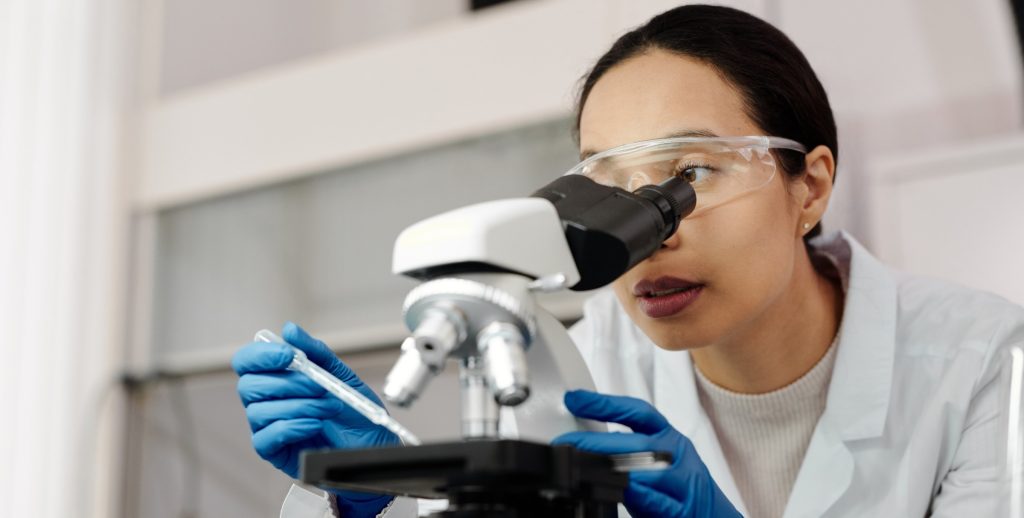Is there a treatment for Pelvic Inflammatory Disease (PID)?
Sexually transmitted infections (STIs) can cause some very serious health complications. One of the more serious complications that can arise from getting many STIs is Pelvic Inflammatory Disease (PID), a condition that is of particular concern to sexually active women.
If left untreated, PID can have severe consequences for your health. So, in this blog post, we’ll look at PID, the STIs that cause it, the long-term effects of PID, and whether PID can be treated.

What is PID?
PID is an infection of the female upper genital tract, which includes the uterus, fallopian tubes, and ovaries. It’s often caused by STIs, but it can also be caused by bacteria that normally live in the vagina.
PID often doesn’t cause any obvious symptoms. Most symptoms are mild and may include:
- Lower abdominal pain
- Discomfort or pain during sex that is felt deep inside the pelvis
- Pain during urination
- Unusual bleeding between periods and after sex
- Heavy periods
- Painful periods
- Unusual vaginal discharge
In severe cases, individuals may experience severe pain in the abdomen, fever, and an overwhelming feeling of being ill.
What STIs cause PID?
PID can be caused by untreated STIs, including:
Chlamydia and Gonorrhoea are the infections that most commonly cause PID. These infections cause inflammation and damage to the cervix, which makes it easier for bacteria to spread into the reproductive system.
It is important to note that PID can also occur from other bacteria that enter the reproductive organs due to childbirth, miscarriage, or abortion.
What are the complications of PID?
If left untreated, PID can lead to severe health complications, such as:
- Infertility
- Chronic pelvic pain
- Ectopic pregnancy
- Tubo ovarian abscess or abscesses
You can get repeated episodes of PID. This occurs when the infection that caused the condition in the first place isn’t properly cleared, usually when the prescribed course of antibiotics is not completed or is taken incorrectly.
Is there a Pelvic Inflammatory Disease treatment?
Yes, PID can be treated effectively with antibiotics if caught early. In some instances, you may start your treatment before test results come back in order to mitigate the effects of the infection. Severe cases of PID may require you to be admitted to a hospital for treatment.
Your sexual partner(s) will also need to be tested for the infection. PID is more likely to recur if both sexual partners are not treated at the same time.
You should avoid having sexual intercourse with anyone else until your antibiotic treatment has been completed.
Final thoughts
PID is a serious condition, but if you act quickly, you can avoid the worst effects by getting tested.
If you’re worried about PID and the STIs that cause it, call the number listed at the top of this page to speak to one of our trained Sexual Health Advisors. They can help you understand your situation and recommend the best STI screen and sexual health clinic near you.
Categories
- Abu Dhabi
- Bacterial Vaginosis
- Bahrain
- Blood Tests
- Cancer
- Cervical Cancer
- Chlamydia
- Dubai
- Fertility
- Gardnerella
- Genital Warts
- Gonorrhoea
- Hepatitis A
- Hepatitis B
- Hepatitis C
- Herpes
- HIV (AIDS)
- HIV Testing
- HPV
- Instant Testing
- Kuwait
- Locations
- Middle East
- Mycoplasma
- Oman
- PAP Smear
- Positive STI Results
- Qatar
- Saudi Arabia
- Sex Education
- Sexual Health
- Sexual Health News
- Sexually Transmitted Infections
- STD Symptoms
- STD Tests and Screens
- STI Results
- STI Treatment
- STIs
- Sustainability
- Swab Tests
- Syphilis
- Trichomoniasis
- Uncategorized
- United Arab Emirates
- Ureaplasma
- Urine Tests




